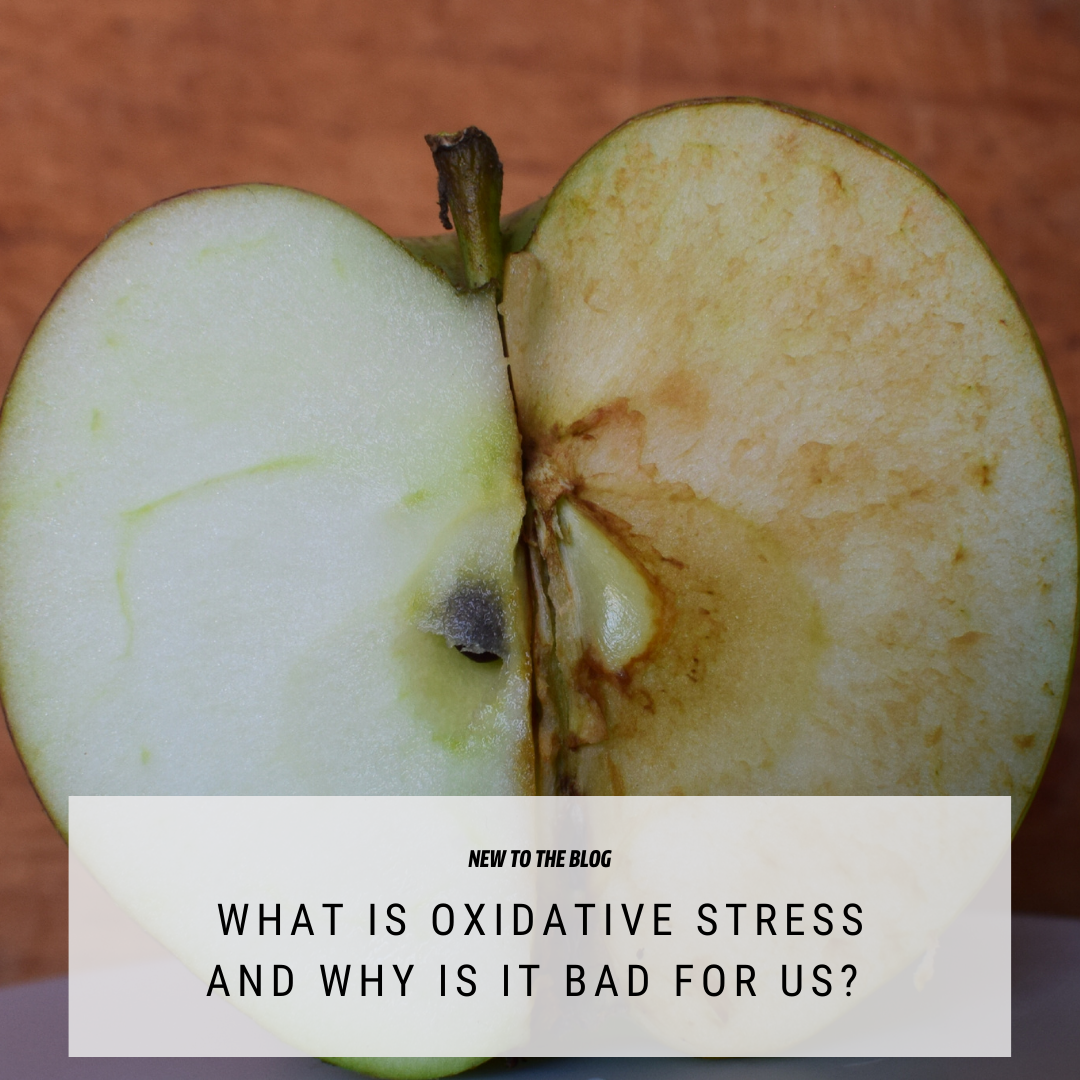We all may know someone with a neurodegenerative disease, such as Alzheimer’s or Parkinson’s disease. A recent report published in the Alzheimer’s and Dementia Journal noted that there were 121,000 deaths from Alzheimer's in 2019 and the cost of this terrible disease was $355 billion in 2021. Alzheimer's was the sixth leading cause of death in the US in 2021. Since the onset of Covid, there has been a 16% increase in these neurodegenerative diseases. A recent report provides a little hope from scientists that prevention and ways to mitigate these conditions are being found.
Is melatonin a possible solution? Keep reading to hear what the researchers have found.
What Is Melatonin?
Melatonin is a hormone that is naturally produced in the brain. It is also found in small amounts in certain foods, such as meats, grains, and fruits. Melatonin is sometimes called the "sleep hormone" because high levels of it are associated with sleep. Melatonin supplements are often taken by people who have difficulty sleeping. (insomnia)
The body's level of melatonin goes up at night and down during the day. Light exposure affects how much melatonin your body produces. For example, if you are exposed to bright light late at night, it may suppress melatonin production and make it harder for you to sleep.
What Are The Benefits Of Melatonin?
Melatonin has several potential functions; some may affect neurological diseases:
- Melatonin is an antioxidant. It scavenges damaging particles in the body known as free radicals. These particles can damage cells and are associated with cancer, heart disease, and other chronic conditions. Melatonin may help to protect cells from damage caused by free radicals.
- Melatonin has anti-inflammatory effects. It may help to reduce inflammation throughout the body. Inflammation is a process that's involved in a wide range of diseases, including Alzheimer's and Parkinson's disease.
- Melatonin regulates sleep patterns. It plays a role in the sleep-wake cycle by helping to regulate the body's internal clock. Melatonin supplements have been shown to improve sleep quality and duration in people with insomnia and other sleep disorders.
- Melatonin may improve memory and cognition.
There are also stress hormones such as epinephrine, cortisol and norepinephrine that can affect memory in a negative way. Melatonin may soften the effects of these hormones as well as helping to promote a better quality of sleep - which we all need! This is what most people associate melatonin with and in turn, sleep is what is lacking in Alzheimers patients.
Does Melatonin Helps Prevent Alzheimer’s Disease?
As we age, it is found that melatonin decreases in the body. So if we raise melatonin levels in the body, will it help with the effects of neurodegenerative diseases?
Almost half of Alzheimer's patients lack sleep. Melatonin promotes quality sleep which we all need for brain function, including memory. When there is a lack of sleep there appears to be an increase of plaque deposits of beta-amyloid which is a protein that is associated with the development of Alzheimer's.
If melatonin is increased in the body, it may help age-related memory decline and it may also promote the slowing of the progression of Alzheimer's and other neurodegenerative diseases.(1)
There is, however, no known treatment for the prevention of Alzheimer’s.
Your Chance Of Getting Alzheimer's
This is a wakeup call: Half of Americans age 65 and older have some form of neurodegenerative disease.
So should we all take melatonin each night, thirty minutes before sleep?
The peer review article in the journal, Revue Neurologique (1), states "Melatonin may be the solution we have been looking for." They note, "According to all of the beneficial results obtained from experimental and clinical trials, melatonin may have a prophylactic and therapeutic effect on neurological diseases.”
That is a very powerful statement - but you decide. If you need more quality sleep and turn to melatonin for support, maybe you are reaping more benefits than what is stated on your supplement. Maybe melatonin will become known as an effective way to help alleviate the conditions of these terrible diseases.
(1) Gunata M, Parlakpinar H, Acet HA. Melatonin: A review of its potential functions and effects on neurological diseases. Rev Neurol (Paris). 2020 Mar;176(3):148-165. doi: 10.1016/j.neurol.2019.07.025. Epub 2019 Nov 11. PMID: 31718830.









Leave a comment
This site is protected by hCaptcha and the hCaptcha Privacy Policy and Terms of Service apply.